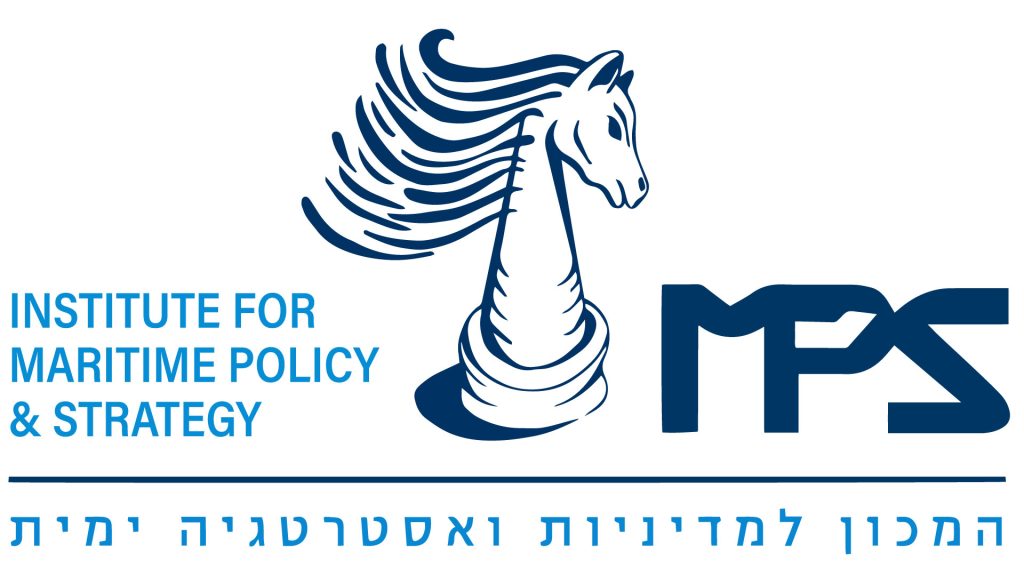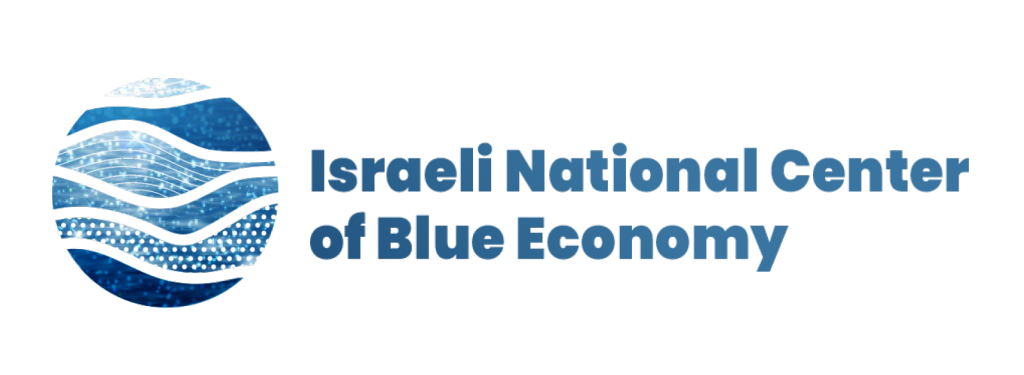The strategic naval assessment for Israel 2017/18
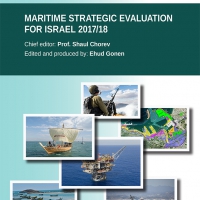
In early 2016, and as part of the University of Haifa’s effort to take a leading role in national maritime research, the University’s Board of Trustees approved the establishment of the Haifa Research Center for Maritime Policy and Strategy, which will be involved in research related to regional security. and foreign policy, flow of goods, people and ideas, law, energy and the environment….
Developments in the construction of artificial islands and floating platforms during the last year
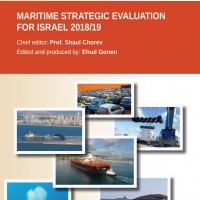
The purpose of this chapter is to briefly describe the latest developments in artificial islands in Israel and the innovations in floating platforms…
Strategic implications of China’s “Belt and Road” initiative in the Eastern Mediterranean and the Red Sea for Israel and its allies

A joint American-Israeli team of experts gathered at the University of Haifa on August 22-23, 2018 to discuss maritime security in the Eastern Mediterranean. The team’s work is part of the activities of a consortium established in 2016 between the Center for Maritime Policy and Strategy Research at the University of Haifa and the Hudson Institute, which is located in the USA. This was a continuation of the discussions of a joint team of experts on security and energy issues that took place in 2016 and which produced a joint report published in September 2016 on Security and energy in the Eastern Mediterranean….
Review of the Israeli government’s decision on sorting foreign direct investments against the background of China’s Belt and Road Initiative
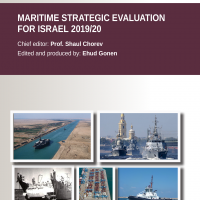
On October 30, 2019, the Ministerial Committee for National Security (“the Security Cabinet”) received Resolution 372/B on the subject: “Determining a process and mechanism for examining national security aspects of foreign direct investments”1 (for the full text, see Appendix 1)…
Lessons learned from epidemics for addressing climate change Nitin Agarwala, Semion Polinov

Nitin Agarwala, Semion Polinov Abstract Public health emergencies such as pandemics and epidemics have been affecting human life for many years. Many of these health emergencies forced humans to make radical improvements in the then existing health and safety standards and improve their living conditions and ultimately come out stronger to continue business as usual. However, a public-health-emergency-in-waiting, climate change, may completely change the demographics and future of humans if changes are not made to the existing business-as-usual model. Although humans have the resilience to combat any public health emergency, climate change is one health emergency that has a slow impact and has the potential to create a complex challenge…
Developments in the Middle East
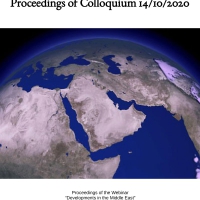
This volume is a collection of proceedings of the webinar “Developments in the Middle East” which was the first international webinar to mark the academic collaboration between the Azri Center for the Study of Iran and the Gulf States, Haifa University, Israel and the Department of Political Studies and Government, University of the Free State, South Africa….
China’s Belt and Road Initiative: Outlines, Implications, and Alternatives
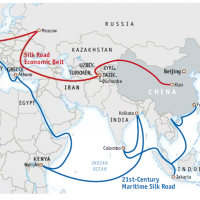
This research work is a product of the research collaboration between the Center for Maritime Policy and Strategy Research, University of Haifa (HMS), Israel, and the National Maritime Foundation, New Delhi, with the aim of providing policy recommendations to the respective governments of India. Israel. Over the past few years, China’s Belt and Road Initiative (BRI) has generated significant interest among various countries, regardless of their individual approaches to sustainable growth in their national policies. There is growing enthusiasm to cooperate with China on this initiative or maintain a guarded and cautious approach. Even the political analysts and policy makers, admirers and critics alike, admit that the rise of China and its influence on the world can no longer…
Need for the development of adaptive geographic strategies to address climate change: an Indian and Israeli perspective

This research work is a product of the research collaboration between the Center for Maritime Policy and Strategy Research, University of Haifa (HMS), Israel, and the National Maritime Foundation, New Delhi, with the aim of providing policy recommendations to the respective governments of India. Israel. The issue of climate change continues to turn on the light. Although there is no consensus in the scientific community about the rate at which climate change is actually occurring, there is no doubt that climate change is actually occurring as we speak. Currently, climate change is limited to the field of climatology/meteorology only, but it has implications in many other processes, some natural and some man-made. As the Earth warms due to climate change, it…
Improving maritime awareness in the Indo-Pacific and Eastern Mediterranean regions: Indian and Israeli perspectives
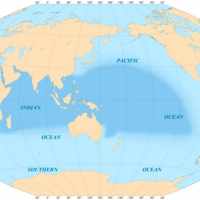
This research work is a product of the research collaboration between the Center for Maritime Policy and Strategy Research, University of Haifa (HMS), Israel, and the National Maritime Foundation, New Delhi, with the aim of providing policy recommendations to the respective governments of India. Israel. With dwindling resources on land, the oceans became the next “stop” for humans to fulfill their needs. Today, the oceans and seas around us are teeming with activity. These activities range from trading, fishing, offshore gas, offshore wind farms, exploration activities for deep seabed mining, marine scientific research, marine solar farms, laying submarine cables, and many other activities, good and offensive. For all these activities to be possible, there is n…
Gulf countries – from the periphery to the center
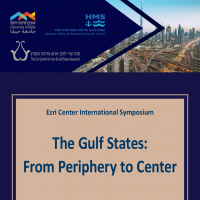
With the signing of the Abraham Agreement at the White House on September 15, 2020, a new historical era was inaugurated in relations between Israel and the Arab Gulf states. What was once a limited and secretive relationship suddenly blossomed into a multi-faceted public courtship. Against this background, the Azri Center for the Study of Iran and the Persian Gulf of the University of Haifa – operating as part of the Haifa Policy and Strategy Research Center (HMS) – hosted its annual symposium on October 3, 2020 entitled “Gulf States – From the Periphery to the Center.”…
